Blockchain in Cloud Computing is the next big thing, and it’s already here. And the technology is used in multiple ways to leverage its advantages.
A blockchain is nothing but a chain of blocks that contain information. To change the information in one blockchain, you need to alter the information in all the previous blocks, as it is a distributed ledger. This provides more security and transparency as information is decentralized and stored on many computers across the globe. The widely known application of Blockchain technology is Bitcoin, which is a cryptocurrency.
Cloud Computing is the software or applications stored on remote servers that provide the tools for use remotely. The advantage of cloud computing is that the company does not have to own the resources. It provides many benefits, including cost-cutting, scalability, and better cloud computing security.
Clouds can be of three types:
- Private Cloud - It is restricted to only one organization.
- Public Cloud - It can be accessed by more than one organization.
- Hybrid Cloud - It is a combination of public and private clouds.
What is Blockchain in Cloud Computing?
Cloud Computing and the Internet of Things (IoT) are revolutionizing the fields of information technology and communication. This has dramatically changed living standards due to applications in several segments.
IoT is a system of interconnected objects with sensors to store, transmit, and receive data via the internet. As IoT devices have limited resources in terms of storage capacity, processing power, or transmission capacity, IoT delegates such tasks to cloud computing, which brings the concept of the "Cloud of Things(CoT).
The CoT provides a robust and flexible cloud computing environment for managing IoT services, which has great potential to improve the efficiency and performance of the system. Blockchain in Cloud Computing provides several benefits, which make it an ideal choice.
Benefits of Blockchain in Cloud Computing
Now that we know the fundamentals of blockchain in cloud computing. Let's take a look at some of the benefits that this emerging tech has to offer:
1. Decentralization
A major issue in IoT and cloud computing is the dependency on a centralized server for managing data and making decisions. The failure of the central server to manage data and make decisions will disturb the whole system and may even cause the loss of important data. The central server is also prone to attack by hackers, and Blockchain can provide a solution to this problem. In Blockchain technology, multiple copies of the same data are stored on multiple computer nodes; as a result, even if one server fails, the entire system will not be shut down.
2. Data Security
Storing data on the cloud is a huge risk for IoT devices as it generally contains personal information of the house owner, like video footage and voice recordings. Any data leak can threaten personal security, like robbery, harassment, or illegally selling personal details. The use of Blockchain in cloud computing can provide enhanced security to the whole architecture.
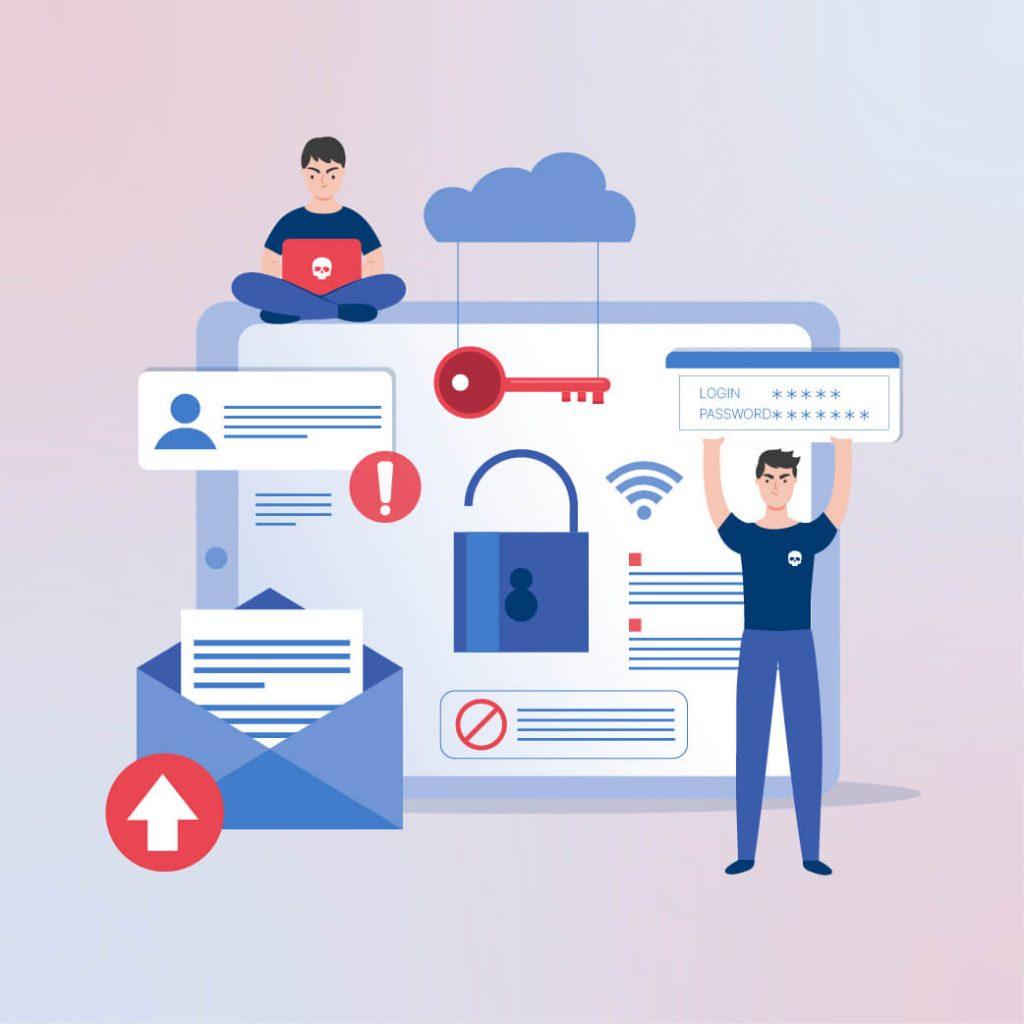
3. Transparency
Transparency or visibility is considered a major threat to all processes executed via cloud computing. A distributed ledger provides a high level of transparency with a distributed network. Once stored in Blockchain, data cannot be altered by just one person but requires a consensus of all the members in the network.
4. Efficient Tracking of Goods & Services
A major challenge with logistics is efficiently tracking all the vehicles, including their current location, internal communication, and the time they spend at various locations. The current architecture of this tracking system is centralized in nature. The decentralized Cloud Computing Blockchain approach provides a solution to this problem.
5. Scalability
For large-scale blockchain applications, the number of transactions taking place at any moment of time can be huge. This requires powerful data processing services to have high transaction execution. Cloud Computing can provide on-demand resources for this surge in transactions. Thus, combining Blockchain and Cloud computing gives a highly scalable integrated platform.
Use Cases of Blockchain in Cloud Computing
This emerging tech has multiple use cases. Here we will take a look at some of the best use cases of blockchain in cloud computing:
Banking
International transfer of funds is still a tedious process that takes a lot of time as security and transparency issues exist. The use of Blockchain technology along with Cloud Computing can remove these bottlenecks as it is more transparent, secure, and faster as compared to existing methods of cross-country fund transfers.
Healthcare
Large healthcare providers store a lot of data related to patients, test records, and payment methods. This is stored mostly on centralized servers prone to hacking and pilferage. As Blockchain provides a high level of data security, doctors, hospitals, and other healthcare establishments can rely on the technology.
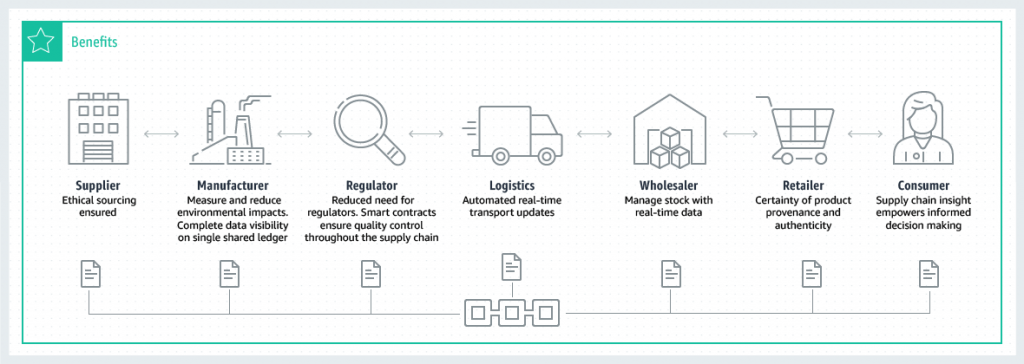
Home Automation
Blockchain-based Cloud Computing is ideal for home automation, including the Internet of Things(IoT). For example, a fire sensor is connected to the internet and triggers messages to the house's occupants after detecting fire via temperature and smoke sensors. All the data of such IoT devices is stored on Blockchain-based Cloud servers.
Supply Chain Management
Supply Chain management generates a lot of data and requires a dependable platform to streamline manufacturing and logistics. Using Blockchain technology companies can go for a decentralized architecture for supply chain management. Which can subsequently results in enhanced data security, efficient tracking, and faster decision-making.
Real Estate
Real Estate trading is still struggling with lots of paperwork, intermediaries, corruption, and fraudulent activities. Blockchain-based Cloud Computing can provide a solution to all these issues. The technology can enforce purchase/selling due diligence and eliminate intermediaries and paperwork. Smart Contract is a Blockchain-based technology that can be leveraged for real estate transactions.
Understanding Key Challenges with Blockchain in Cloud Computing
Now that you know about the key benefits and use case, it's now important for you to understand that this technology stack has its own challenges:
1. Technical Complexity
The mechanism of action of integrating Blockchain technology with Cloud Computing requires complex mathematical processes to transfer the data, process it, and secure the network. This requires powerful computers, which consume a lot of electricity and skilled human resources. As a result, all these create a bottleneck for large-scale adoption due to the high costs involved.
2. Lack of Skilled Workforce
This is still an emerging and nascent technology, so insufficiently trained personnel cannot execute these processes. As a result, demand for such a skilled workforce is high, and supply is low. You need to pay very high salaries to employ this type of person to work for your organization. As all companies don’t have such spending capacity, the use of Blockchain in cloud computing is restricted to large organizations.
3. Security Vulnerability
Although Blockchain technology, when integrated with Cloud Computing, provides a high-security solution, it is still vulnerable to tampering. Hackers can change the consensus architecture and prevent new transactions from receiving confirmation. Thus, the system can be exposed to risk without proper transaction management.
Companies that offer Blockchain-based cloud solutions
We have seen that using Blockchain in Cloud Computing has its own benefits and challenges. However, some companies offer Blockchain-based cloud solutions. Let’s have a look at how they function.
Ankr
Ankr project is a decentralized cloud solution that provides a platform to run apps at a low cost compared to traditional cloud service providers. The virtual machines that form the basis for cloud computing consume many computing resources and take minutes to launch. Data centers are provided the infrastructure to create new ways of generating revenue from their under-utilized capacity. This is done by ensuring a high level of service availability, integration, and secure communication. Ankr's team has developed a new consensus mechanism called Proof of Useful Work(PoUW), which provides high security with minimal energy waste.
Dfinity
Dfinity is a decentralized cloud solution that aims to provide a supercomputer with infinite capacity and computational power to the world. The company has introduced a new concept called “The AI is Law,” Everything is controlled by an intermediary-free algorithmic governance system, which includes crowd wisdom and traditional AI technologies to block fraudulent smart contracts. This effectively means that the algorithm governance system can reverse some transactions. It has four mechanism layers: Notary Layer, the Blockchain Layer, the Random Beacon Layer, and the Identity Layer.
Solana
The Solana project aims to create a new blockchain architecture based on a new concept called Proof of History (PoH). This concept creates a verifiable delay function to provide the network with a precarious sense of shared time. Additionally, this transaction processing in Solana is handled by GPUs, an approach that scales with Moore’s law. According to Moore’s law, the number of transistors in an electric circuit doubles every two years. This increases the processing power. This mechanism, combined with the Proof of Stake(PoS) consensus algorithm, can make the infrastructure highly scalable. This infrastructure can be used for decentralized cloud computing.
Conclusion:
Blockchain and Cloud Computing are very useful technologies that, when combined, can solve many real-world problems in the Information Technology and Services field. Given that the bottlenecks are worked upon, we can create a pool of skilled personnel who can build decentralized cloud computing blockchain applications.
With the number of Internet of Things(IoT) devices bound to increase exponentially in the next few years, Blockchain in cloud computing will be used to leverage the advantages of both technologies. However, more research is needed to overcome the challenges and increase the adoption of this technology combination by diverse industries.

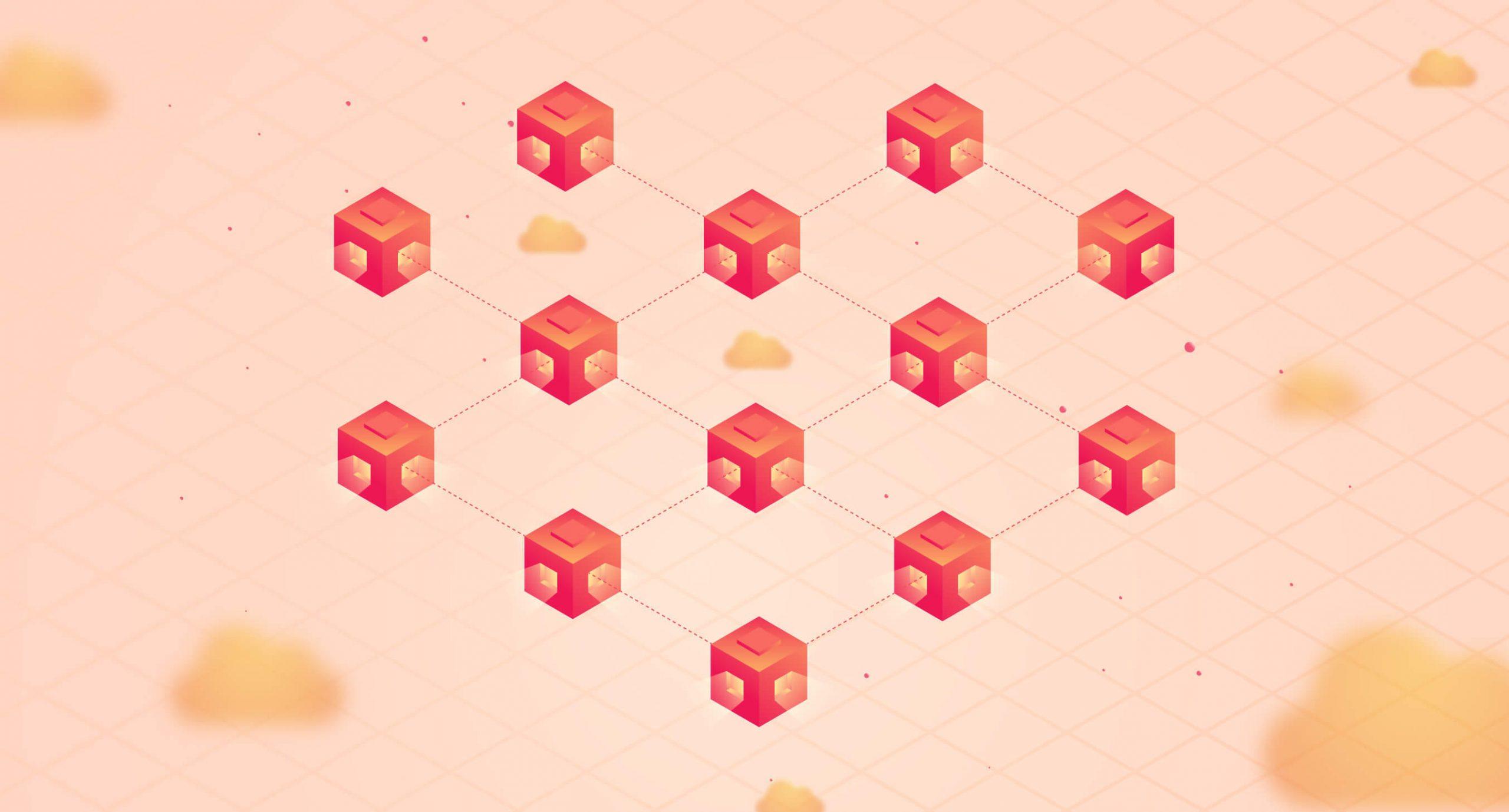
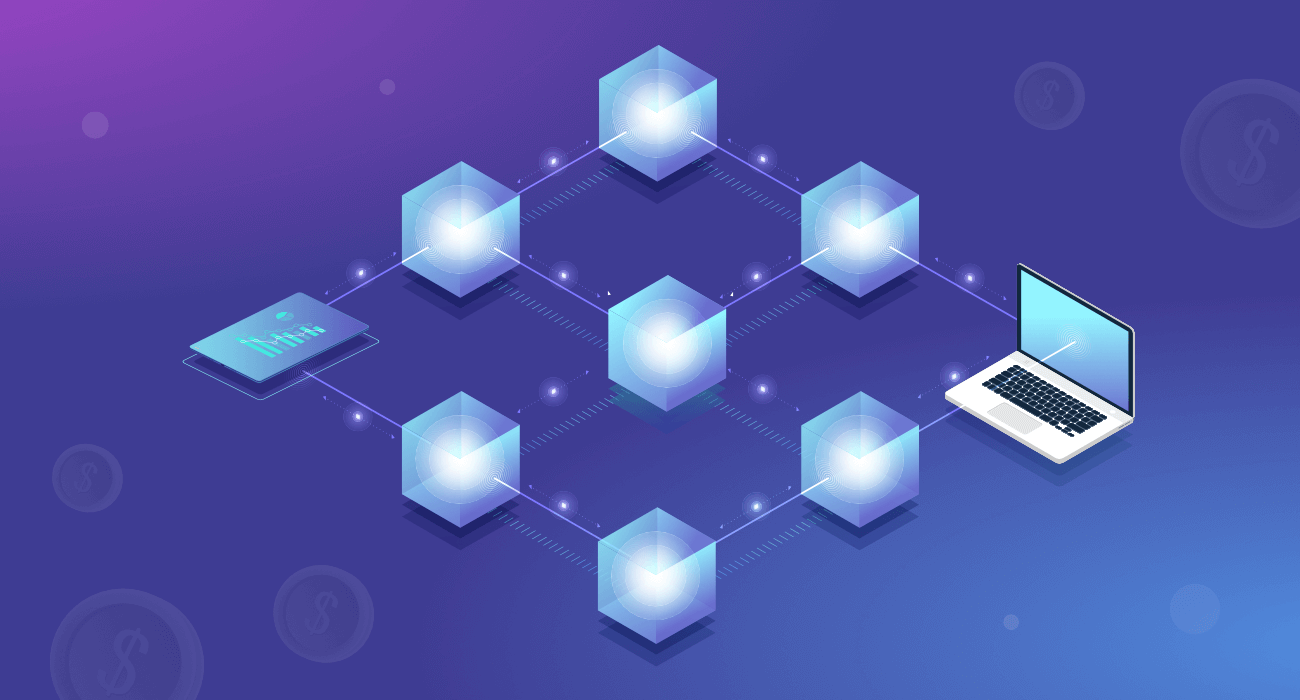

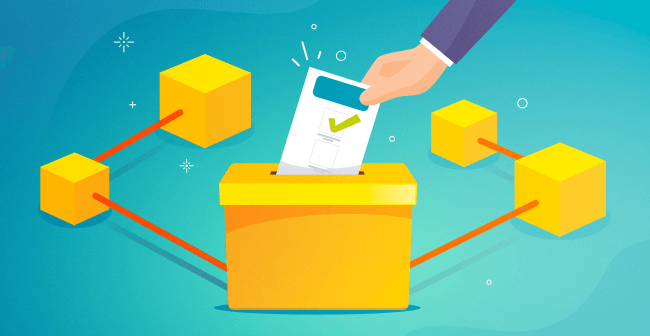










Leave a Reply